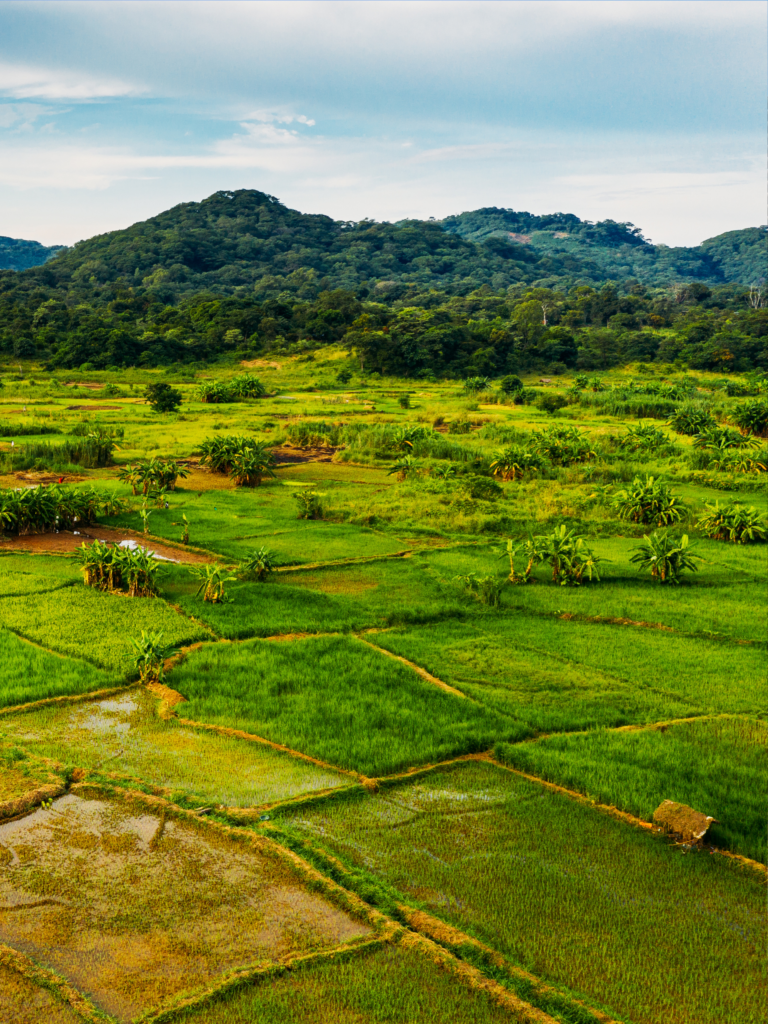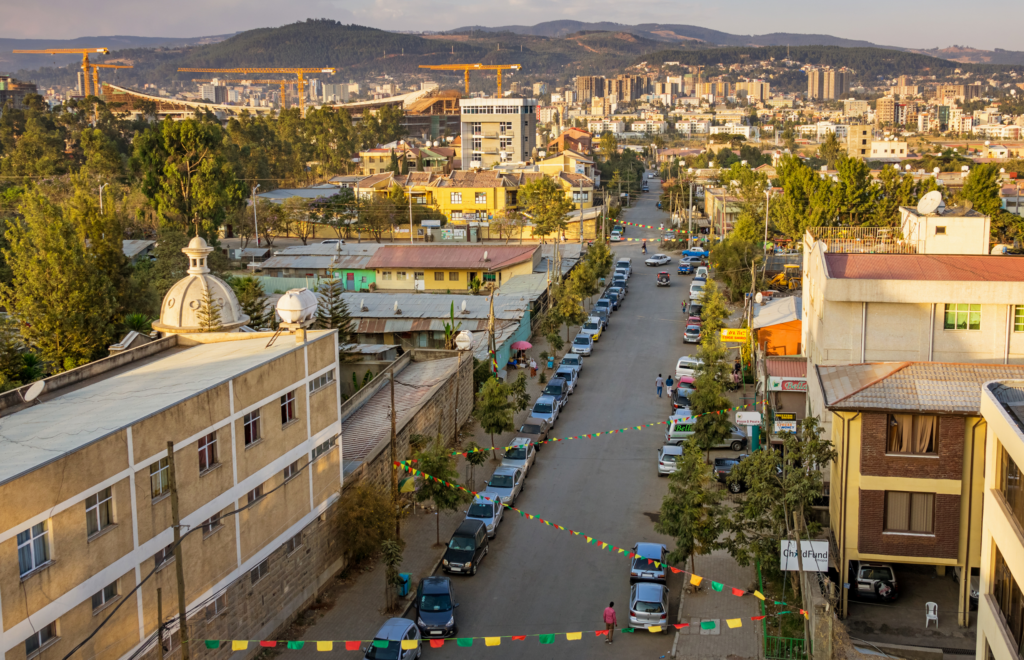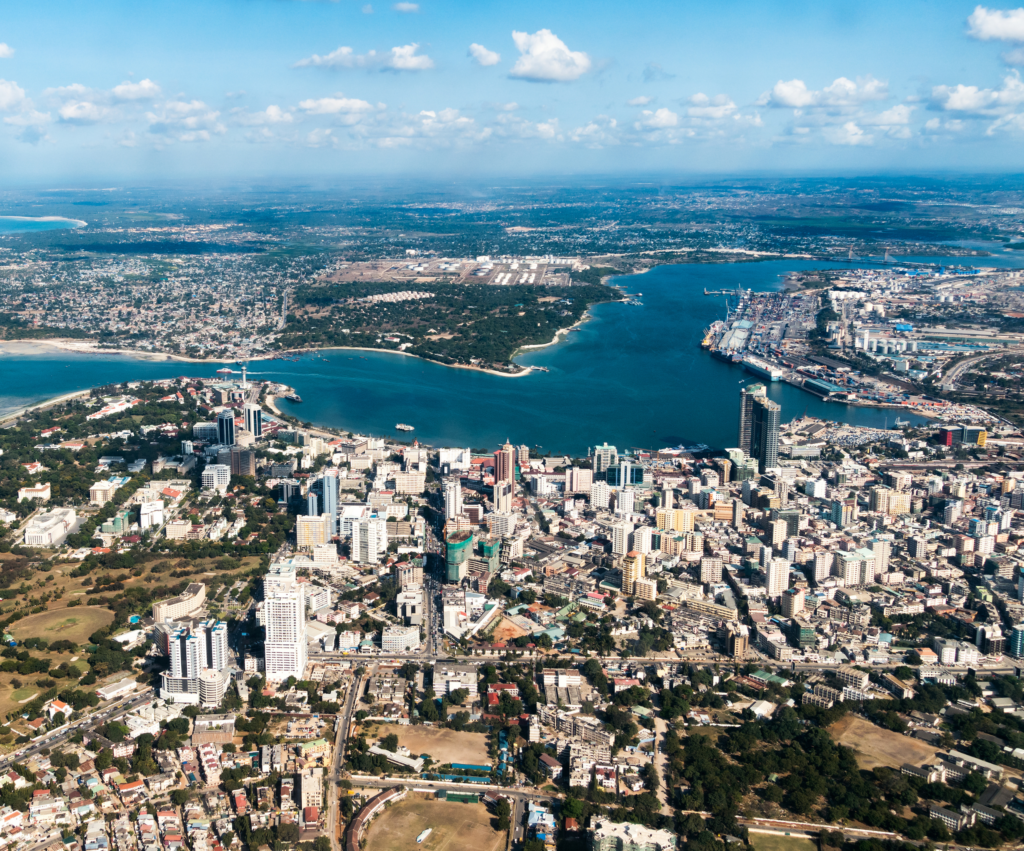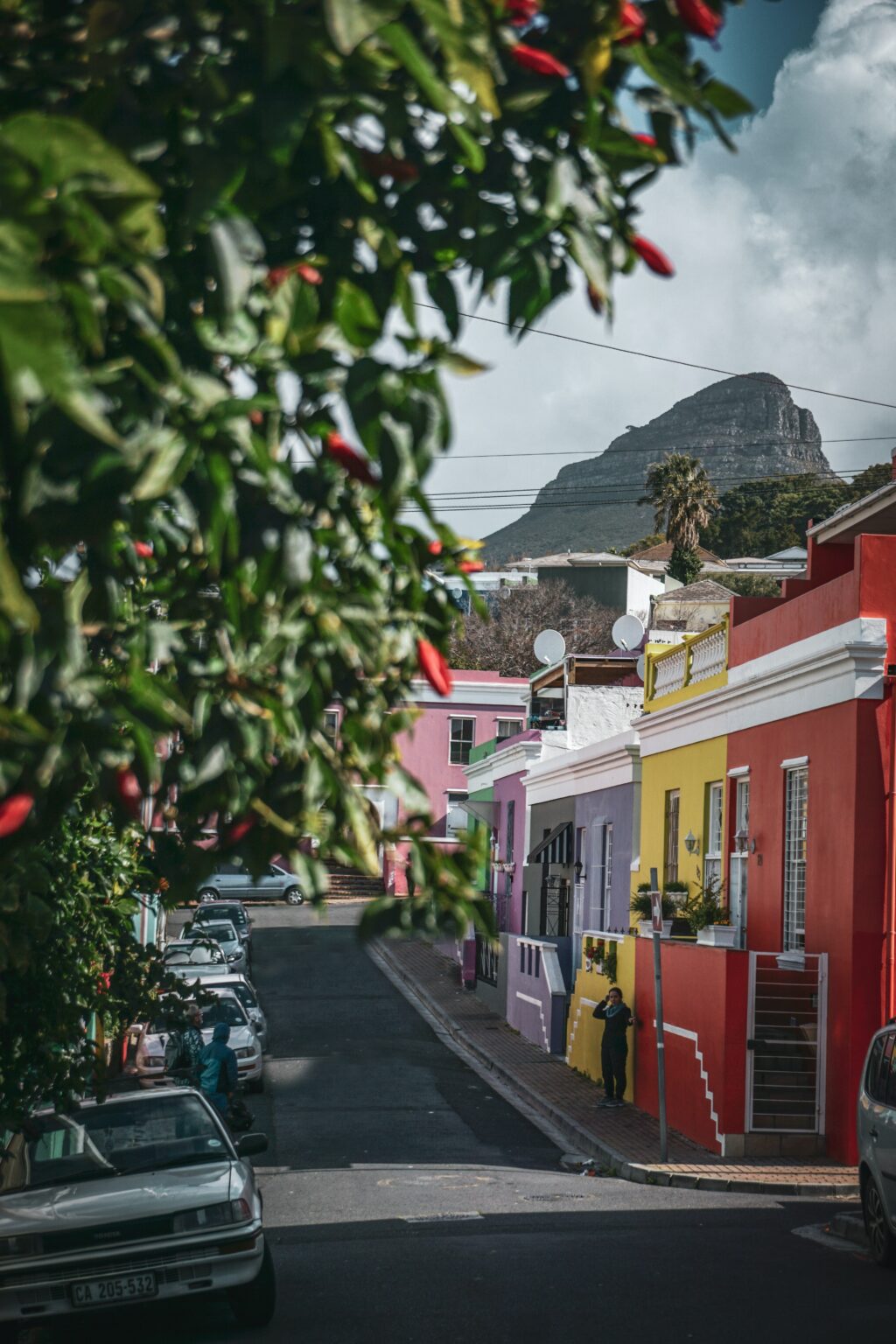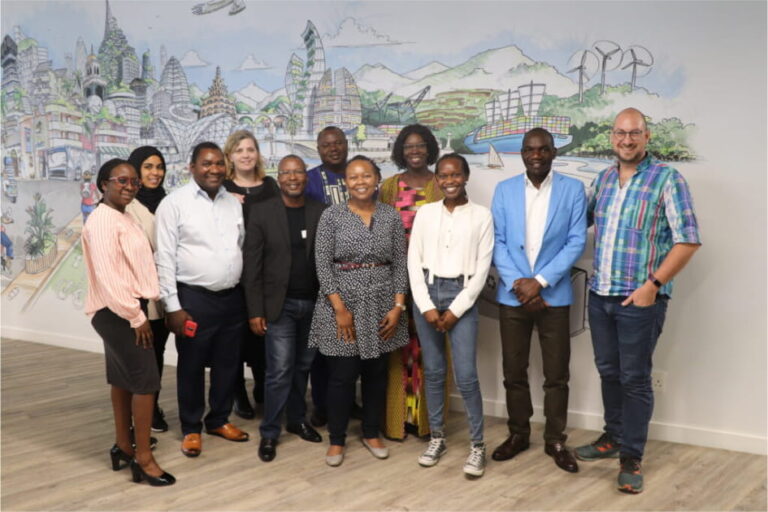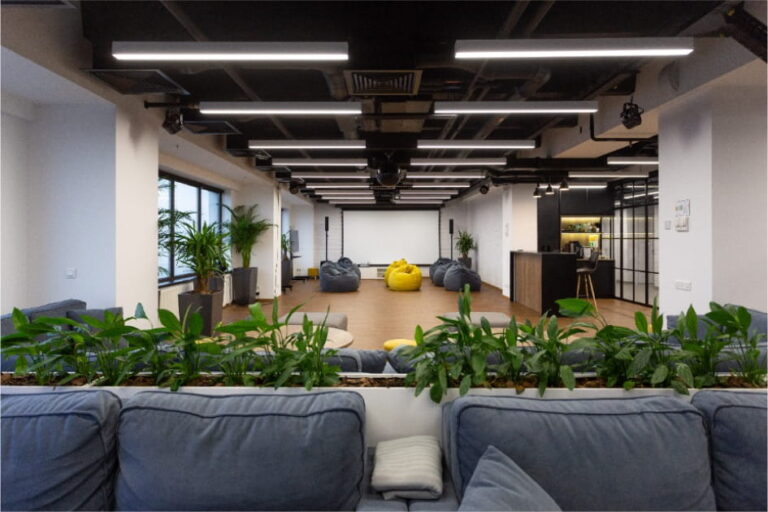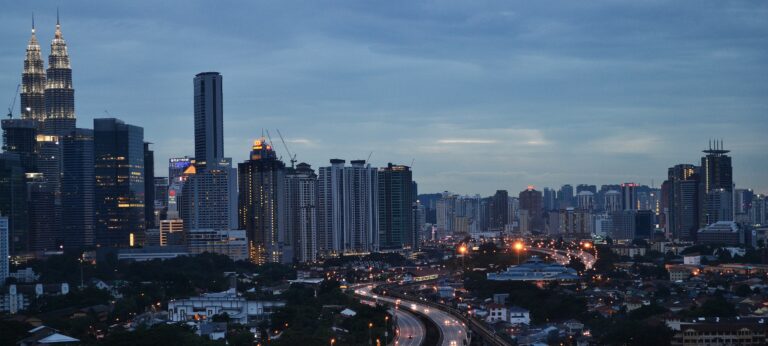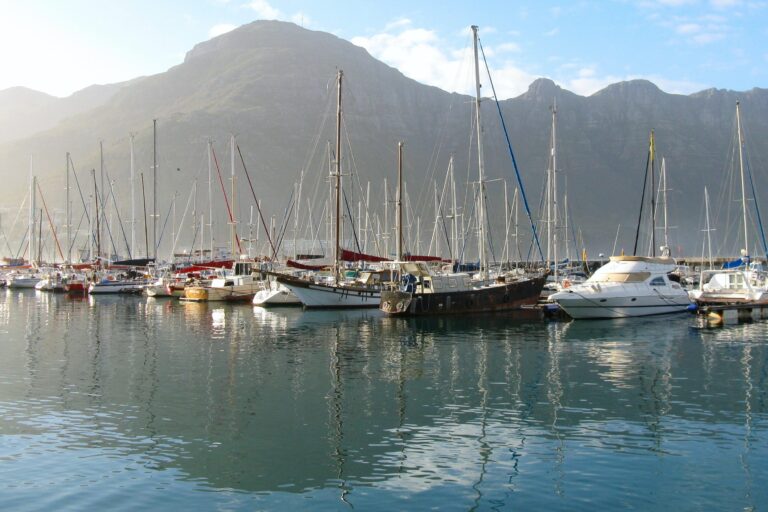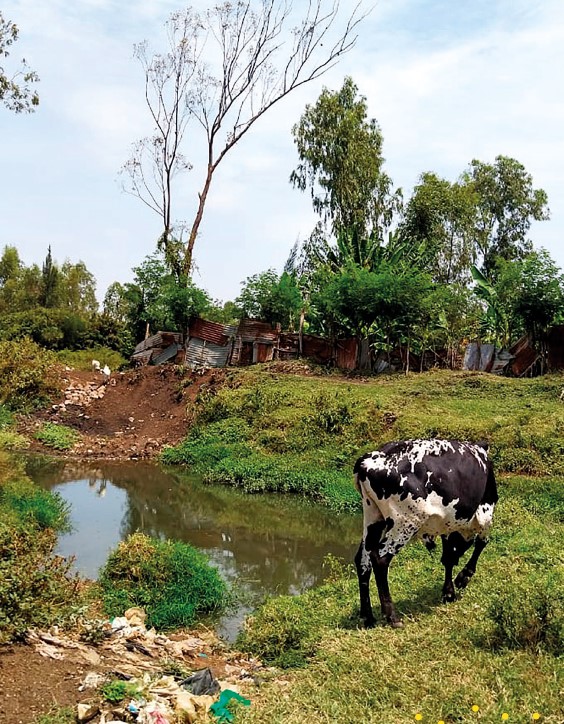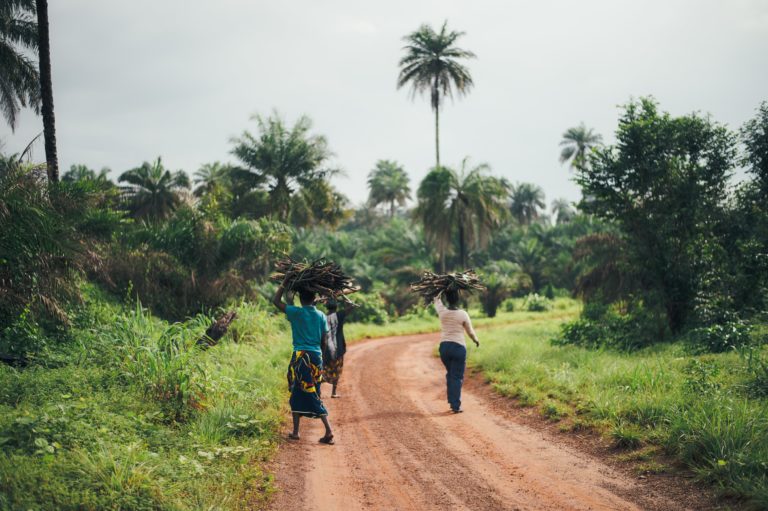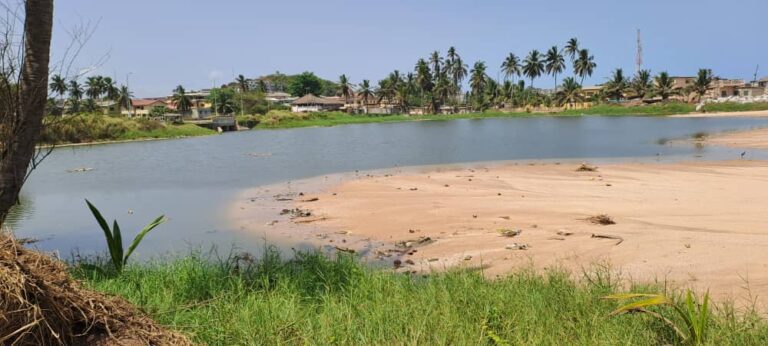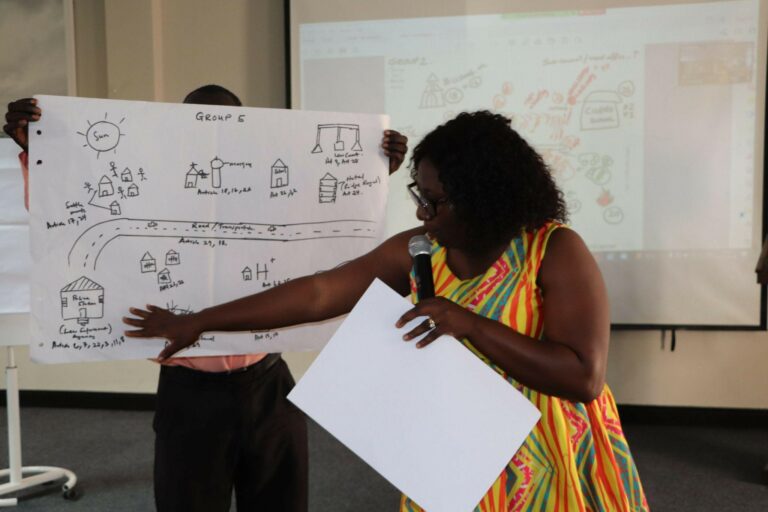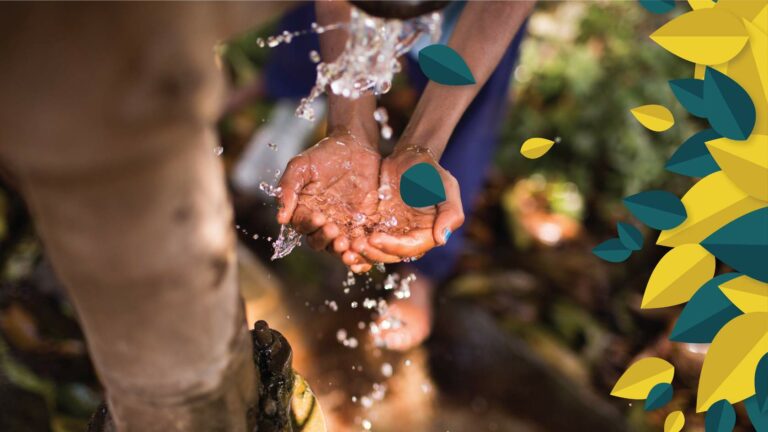Urban natural asset protection in Africa
We build local government capacity to sustainably manage regional biodiversity and ecosystem services and strengthen resilience.

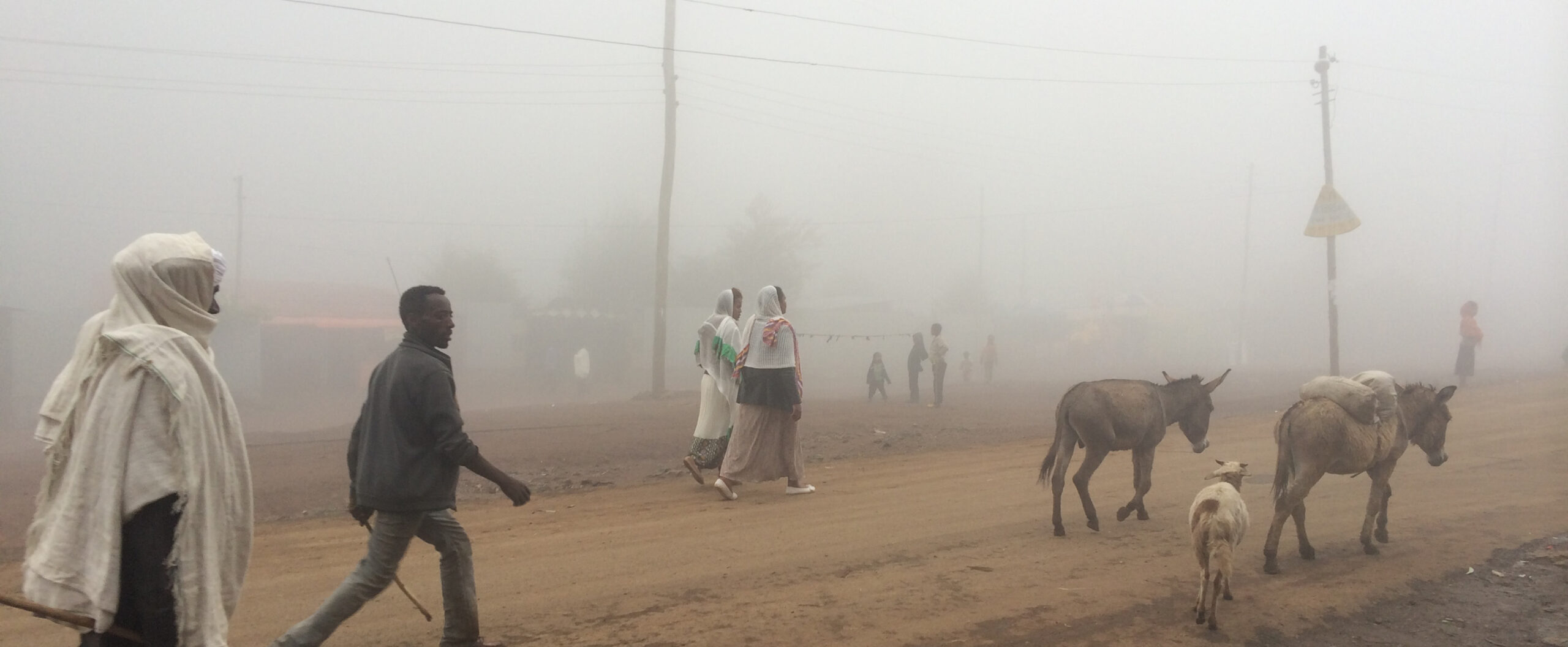

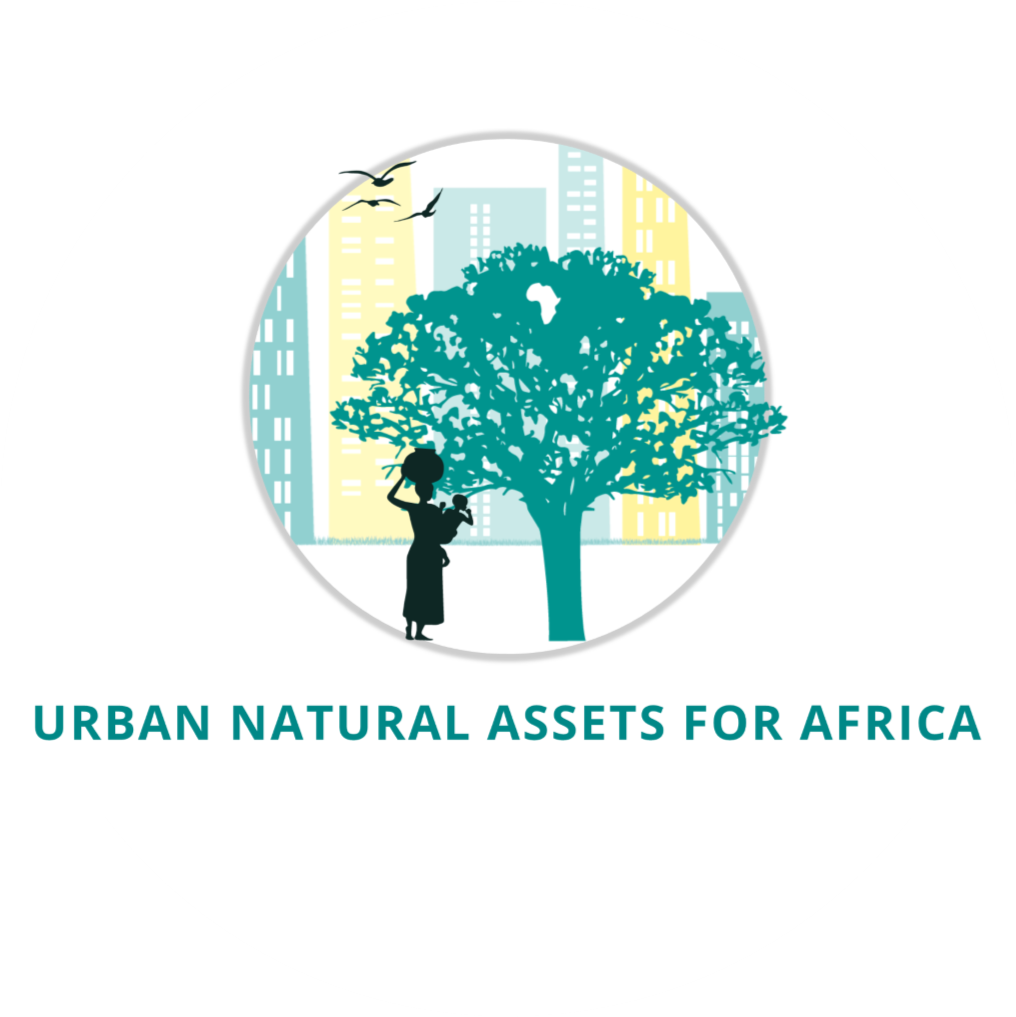
Visit the website
Visit the UNA Africa webpage arrow_outwardRelated ICLEI Pathway(s)
Locations
Funded by

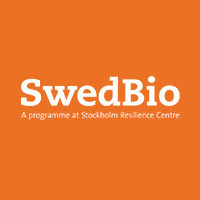

About
Project summary
ICLEI together with project partners SwedBio, Stockholm Resilience Center, JRS-Foundation, Global Biodiversity Information Facility (GBIF), and the African Center for Cities, designed a cutting edge program to support the local implementation of the Aichi Biodiversity Targets to conserve and protect nature in cities in sub-Saharan Africa.
Through generous funding from the Swedish International Development Agency (SIDA) through SwedBio, this project supported knowledge exchange between important stakeholders in cities across the African continent, through capacity development with regards to biodiversity and ecosystem services.This capacity building was based on a thorough needs-assessment conducted in each of the participating cities.
The aim of this capacity building programme was to contribute to meeting the objectives of sustainable use of regional biodiversity and ecosystem services, and to improve human well-being, alleviate poverty and strengthen resilience amongst the urban poor. This project worked in 4 countries across Sub-Saharan Africa, namely: Dar es Salaam, Tanzania; Lilongwe, Malawi; Addis Ababa, Ethiopia; and Cape Town, South Africa.
ICLEI together with project partners SwedBio, Stockholm Resilience Center, JRS-Foundation, Global Biodiversity Information Facility (GBIF), and the African Center for Cities, designed a cutting edge program to support the local implementation of the Aichi Biodiversity Targets to conserve and protect nature in cities in sub-Saharan Africa.
Through generous funding from the Swedish International Development Agency (SIDA) through SwedBio, this project supported knowledge exchange between important stakeholders in cities across the African continent, through capacity development with regards to biodiversity and ecosystem services.This capacity building was based on a thorough needs-assessment conducted in each of the participating cities.
The aim of this capacity building programme was to contribute to meeting the objectives of sustainable use of regional biodiversity and ecosystem services, and to improve human well-being, alleviate poverty and strengthen resilience amongst the urban poor. This project worked in 4 countries across Sub-Saharan Africa, namely: Dar es Salaam, Tanzania; Lilongwe, Malawi; Addis Ababa, Ethiopia; and Cape Town, South Africa.





